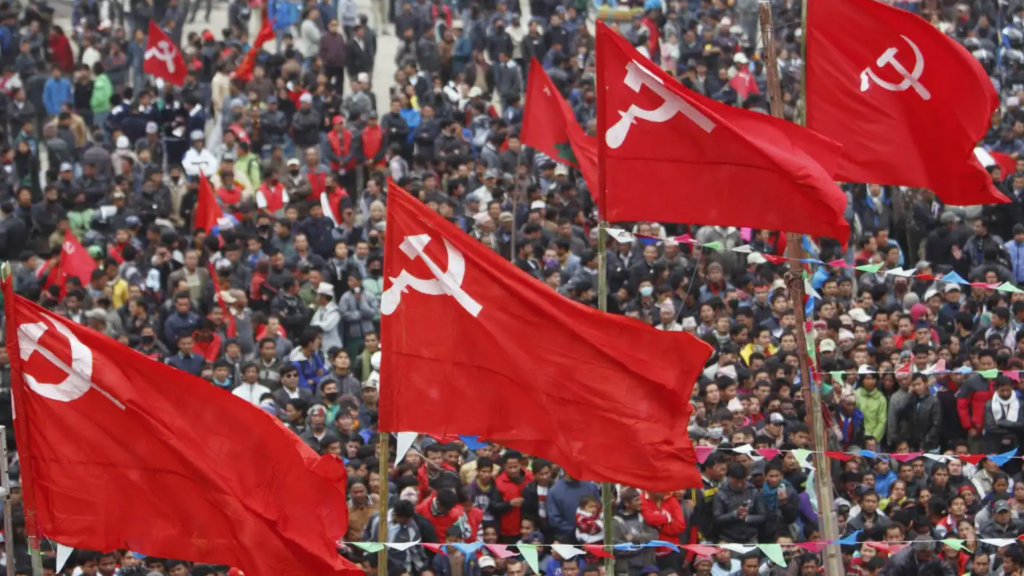By the year 2000 many considered Communism a spent force following the collapse of the Soviet Union and the European Socialist states in the early 90s. However a number of socialist states continued, with Cuba and China making stunning advances into the 21st Century. But these were not the only Communist Parties left in power in the 21st Century. Here’s the five you may have never heard of:
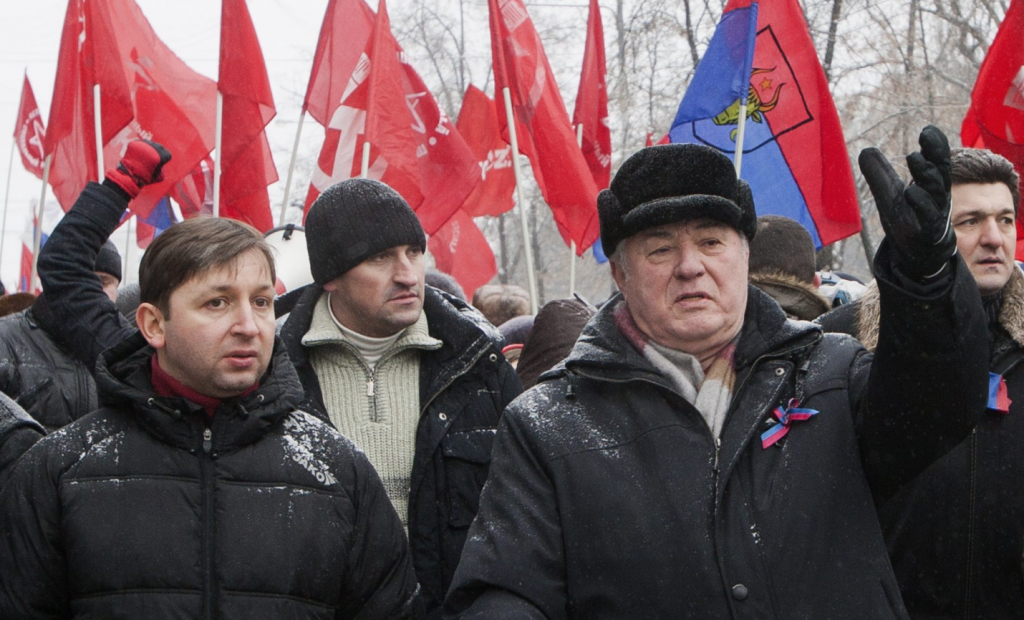
1. Party of Communists of the Republic of Moldova, Moldova, 2001-2009
10 Years after the collapse of the USSR, the Communist Party of the Republic of Moldova (PCRM) became the first Communist Party to win power in the former USSR. Running on a Manifesto calling for a return to Socialism, they won 50% of the vote and 71 of 101 seats, giving the majority in parliament required to elect their candidate, Party General Secretary Vladimir Voronin, President. They immediately embarked on a programme of improving the social safety net, healthcare, education, and raised salaries and pensions. They also worked to solidify Moldova as a multi-ethnic state, incorporating Gauguz and Russian minorities, against a significant push by ethnically Romanians seeking to incorporate the country into a Greater Romania.
The PCRM were re-elected with a decreased vote share in 2005, but an increased one in 2009. However the Party’s third term in office was cut short by the so called ‘Twitter Revolution’ – a pro-EU, pro-Romanian, liberal-led colour revolution which resulted rioting in April 2009. This was soon followed by a constitutional crisis where the PCRM were one vote short of being able to elect a presidential candidate, forcing a snap election in July 2009. Despite coming out as the single largest party, getting more than double the votes of their nearest competitor, they failed to gain an absolute majority and a coalition of every other party in parliament was formed to oust the PCRM from power.
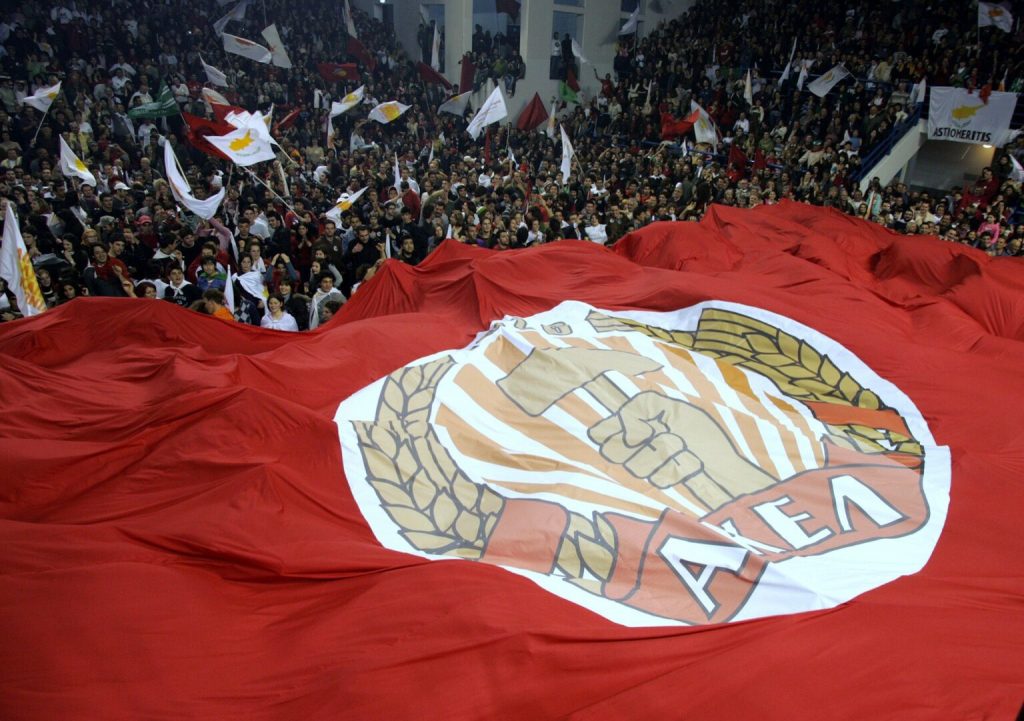
2. Progressive Party of Working People, Cyprus, 2008-2013
In February 2008, the Progressive Party of Working People (AKEL) ran a candidate for the presidential elections in Cyprus for the first time. Party General Secretary Dimitris Christofias went on to win the election with 53% of the vote. This marked the first time a Marxist-Leninist had been elected President of Cyprus, and the first Communist head of state in the EU. The policy of the government was primarily concerned with solving the Cyprus problem – an ethnic dispute between Greek and Turkish Cypriots which in 1974 lead to a Turkish invasion of the north of the island, and the setting up of a pro-Trukish puppet state. They immediately set to work in organising talks and negotiations with the government of Northern Cyprus, which did make some considerable headway in easing tensions and lead to some advances in talk of reunification under a federal system. Advances such as the ability for ambulances to cross the border, workers to work on the other side of the border and cross-border trade were made during this period. However, the election of a right wing Turkish nationalist as the President of Northern Cyprus in 2010 was a huge set back to these efforts.
The government had a fairly mild economic program due to its emphasis on first solving the Cyprus debate, which AKEL believes to be a barrier to the establishment of socialism on the island. However, in the face of austerity throughout Europe after the 2008 Financial Crash, the government refused to implement similar measures, and instead increased spending on welfare, pensions, and the public sector generally, while increasing the minimum wage. In 2012, the financial crisis spread to Cyprus and crippled the Cypriot banking system. The government refused a Greek-style EU bailout due to the included austerity measures, and instead took a significant loan from the Russian Federation. Increasing attacks built up on the administration, and parliament (Where AKEL was the largest party but did not have a majority) refused to back proposals for a tax on banks and other financial measures. In May 2012 Christofias announced he would not be seeking a second term following the breakdown of talks between his government and the government of Northern Cyprus, and conservative Democratic Rally candidate Nicos Anastasiades won the 2013 presidential election.
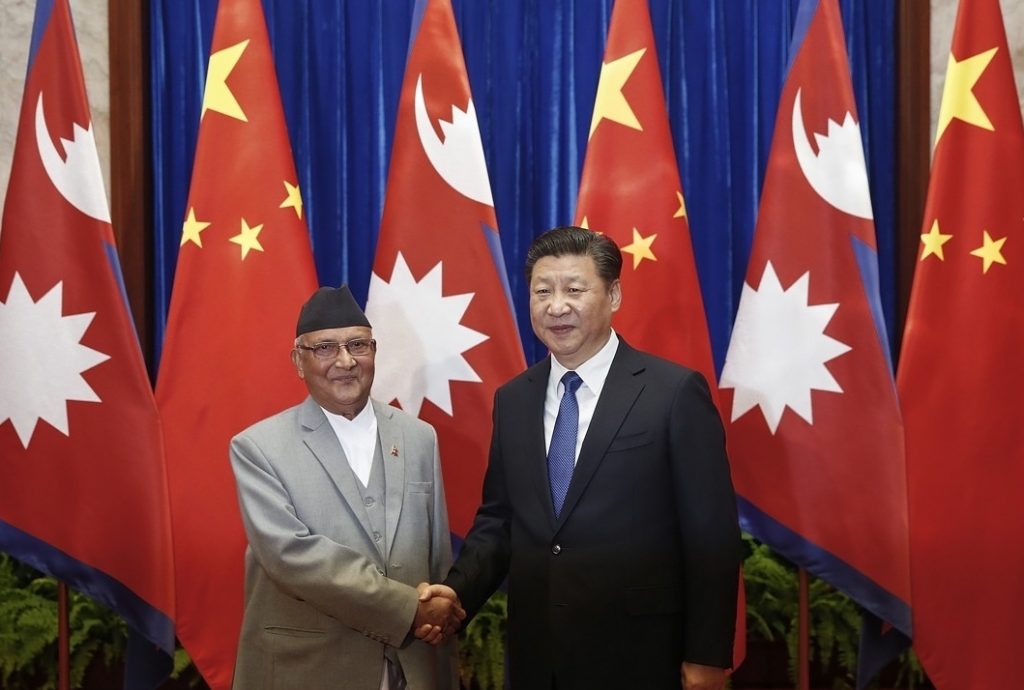
3. Communist Party of Nepal (United Marxist-Leninist) and Communist Party of Nepal (Maoist), Nepal, 2008-Present
Nepal is home to an incredibly diverse Communist movement, of which little is known or written about in the West. In the early 90s, a Nepalese people’s movement forced the constitutional monarchy to accept multi-party elections for the first time since the 50s. Communists however agreed this wasn’t enough, and wanted an end to the monarchy in total. The Communist Party of Nepal (United Marxist-Leninist) fought for this through parliamentary and other legal means. The Communist Party of Nepal (Maoist) did so through people’s war. Through the dual bullet and ballot box efforts, they forced the king to declare defeat and form a Constituent Assembly. In the first election to the Constituent Assembly the CPN(M) and the CPN(UML) gained a clear majority and started a coalition government, and on May 18th 2008, they declared an end to the monarchy.
Over the next 13 years, the two parties were elected into various coalition governments alongside each other and with the Nepali Congress. Between 2018 and 2021, the two parties merged into the Nepal Communist Party, however, this was dissolved by a court order (another party had already registered the name) and the CPN(UML) and CPN(M) returned as they had before the merger. The two parties established Nepal as it is today – a federal, secular, democracy with a constitution declaring its commitment to “ending all forms of discrimination and oppression created by the feudalistic, autocratic, centralised, unitary system of governance, protecting and promoting social and cultural solidarity, tolerance and harmony, and unity in diversity by recognising the multi-ethnic, multi-lingual, multi-religious, multi-cultural and diverse regional characteristics, resolving to build an egalitarian society founded on the proportional inclusive and participatory principles in order to ensure economic equality, prosperity and social justice, by eliminating discrimination based on class, caste, region, language, religion and gender and all forms of caste-based untouchability, and being committed to socialism”.
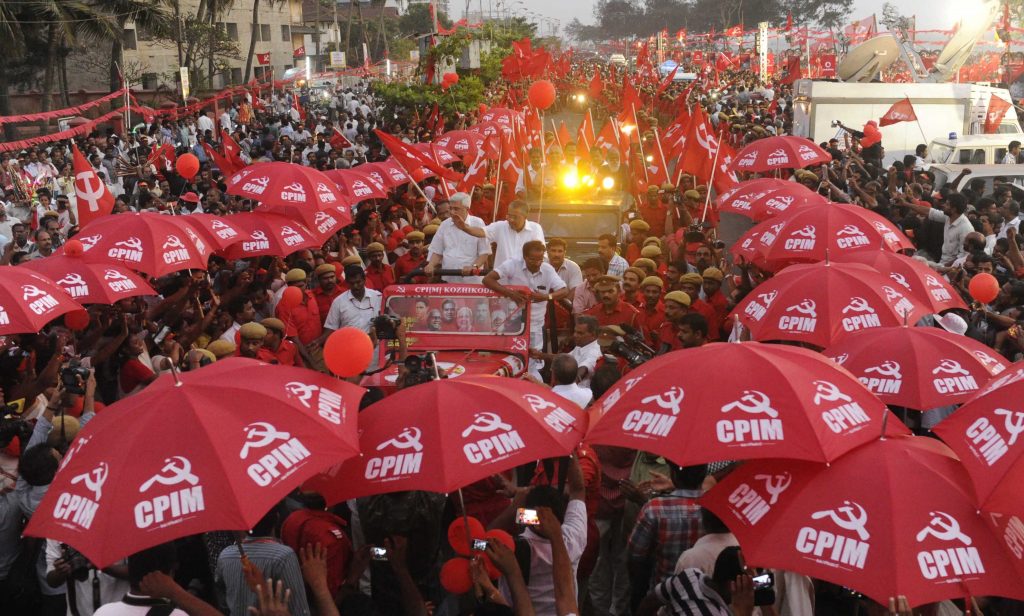
4. Left Democratic Front, Kerala, 2016-Present
The Left Democratic Front (LDF) is an alliance lead by the Communist Party of India and the Communist Party of India (Marxist) to contest elections in the Indian state of Kerala, itself the size of a small country. Starting in 1980, governments of Kerala have alternated between the LDF and the social democratic Indian Congress-led United Democratic Front. Although, in 2021 the LDF became the first incumbent government to be reelected in 40 years, due to their successful handling of the COVID-19 pandemic. Kerala under the LDF has the highest Human Development Index, the highest literacy rate, the highest life expectancy, the lowest number of homicides and the lowest number of homeless people of any Indian sate. This is largely due to the progressive policies of successive Communist and left governments in the state. The handling of the COVID-19 pandemic with thorough involvement of communities in all efforts, and intervention to limit the impact of lockdowns on working class people lead to great successes in keeping the virus in check as it swept throughout India and the rest of the world, and a death rate a third lower than that of India as a whole.
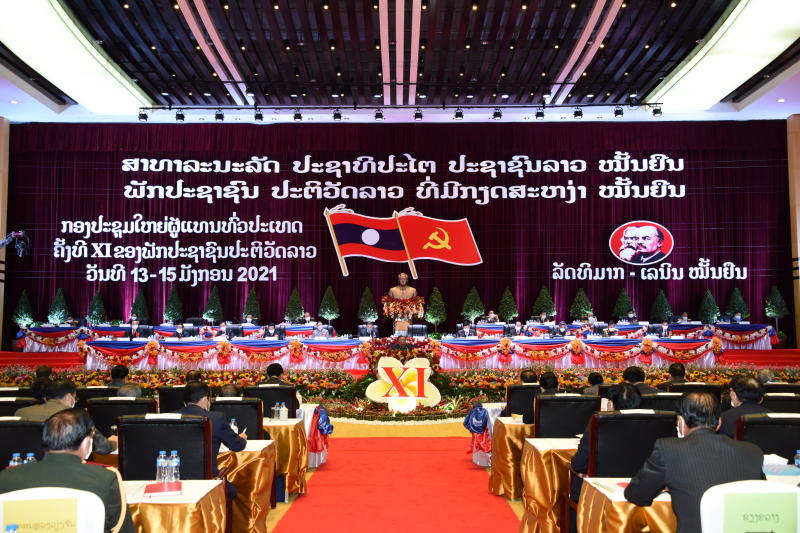
5. Lao People’s Revolutionary Party, Laos, 1975-Present
Laos is a socialist state in southeast Asia, bordering Vietnam and sharing a political system, yet by far not as famous. The Lao People’s Revolutionary Party (LPRP) was formed in 1955 from Lao elements of the Indochinese Communist Party (which also spawned the Communist Party of Vietnam and the People’s Party of Cambodia) and entered an armed conflict with the newly established monarchy of the Kingdom of Laos. With the support of their Vietnamese comrades, and the wider world socialist movement, the LPRP took state power in 1975. They proceeded to abolish the monarchy, embarking on a path of socialist modernisation of the economy, and rebuild the nation after a brutal 20 year war and devastating US bombing of the nation. Laos has largely managed to rebuild, seeing significant economic growth, and has begun strengthening its infrastructure in collaboration with other socialist states like China and Vietnam, and is slowly moving forward with its development.
James McLelland, is a member of the YCL’s Birmingham branch

